When it comes to our feline companions, pet nutrition is a topic of utmost importance. Specially, can kittens eat adult cat food? Common questions that cat owners often grapple with are whether is it ok for kittens to eat cat food and what age can kittens eat adult cat food. After all, cats of all ages share many similarities in their dietary preferences, but they also have distinct nutritional requirements. This article aims to provide clarity on this subject, helping cat owners make informed choices about cat diets.
Kittens are adorable bundles of energy and curiosity, and their growth during the first year of life is nothing short of remarkable. To support this rapid development, kittens need a specific balance of nutrients that differ from the nutritional needs of adult cats. While adult cat food may seem like a convenient choice for cat owners, it may not provide all the essential nutrients that kittens require for optimal health.
In this comprehensive guide, we will explore whether can kittens eat regular cat food, the nutritional requirements of kittens, dissect the nutritional composition of adult cat food, discuss the potential risks and concerns of feeding adult cat food to kittens, and provide guidance on how to safely transition kittens to adult cat food when can kittens eat adult cat food. Let’s dive into the world of feline nutrition and uncover the truth that can kittens eat adult cat food.
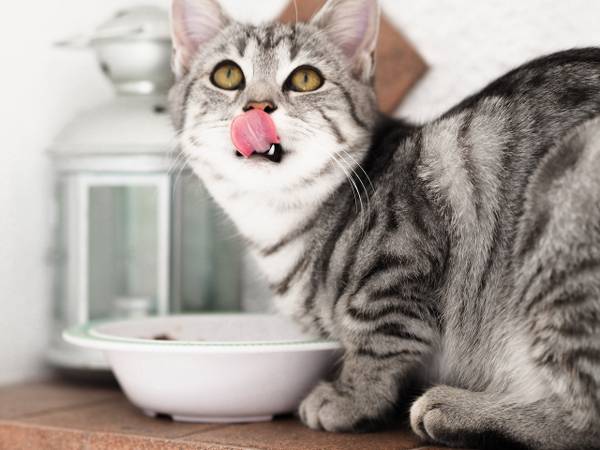
Can Kittens Eat Regular Cat food?
When it comes to the dietary needs of kittens, it’s essential to provide them with the right nutrition to support their growth and development. While the term “regular cat food” can encompass a wide range of commercial cat foods, it typically refers to food formulated for adult cats. The question that often arises is whether can kittens eat regular cat food.
In short, kittens can eat regular cat food, but it’s not the ideal or recommended choice for their primary diet, especially during their first year of life. So can I feed my kitten adult cat food? It’s best not to.
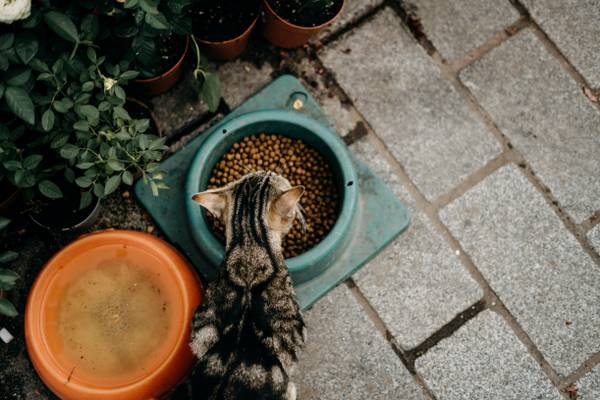
Nutritional Requirements of Kittens
Most of the time people say yes when asked if can kittens eat regular cat food. But Pet food manufacturers offer specialized kitten food to meet these unique nutritional needs. Kitten-specific cat food is formulated with higher levels of protein, fat, and essential nutrients tailored to the growth and development of kittens. According to VCA Animal Hospitals, kittens require 35-50% protein on a dry matter basis with at least 9% dry matter from an animal source. It provides the ideal balance of ingredients to support their health and vitality. Let’s have a look:
– Protein Requirements
Kittens grow rapidly, and protein is a crucial building block for their developing muscles, tissues, and organs. Protein also plays a pivotal role in maintaining energy levels. A diet rich in high-quality animal protein is essential for kittens to thrive. That is why it is important to know if it is ok for kittens to eat cat food.
– Fat Requirements
Fats are a concentrated energy source, and it is important to know if can kittens eat adult cat food because they need this energy to support their active play and brain development. Adequate fat intake also helps kittens absorb fat-soluble vitamins, such as vitamins A, D, E, and K.
– Calcium and Phosphorus Needs
Proper bone and teeth development are critical during kittenhood, and these processes rely heavily on the right balance of calcium and phosphorus. If adult cat foods contain these then can kittens eat adult cat food? No, because adult cat foods are full of nutrients that adult cats need. An Imbalance in these minerals can lead to skeletal abnormalities.
– Micronutrients and Vitamins
Kittens require an array of vitamins and minerals to support their immune system, vision, and overall health. These include vitamins like vitamins A and D and minerals like iron and zinc. If the adult cat food fulfills these nutrients then the question of whether can kittens eat adult cat food is solved.
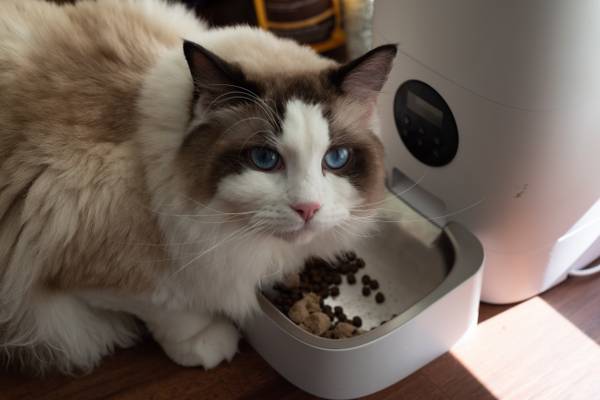
Nutritional Composition of Adult Cat Food
To get an answer about whether can kittens eat adult cat food you need to know what adult cat food contains. While kitten-specific cat food is designed to meet the high-energy demands of growing kittens, adult cat food is formulated to support the maintenance needs of fully grown cats. According to PetMD, adult cats need less protein than kittens, a minimum of 26% in their diet. Here are some key differences in the nutritional composition of adult cat food:
– Protein Content
Adult cat food typically contains less protein compared to kitten food. This is because kittens require more protein to support their growth, while adult cats need less for maintenance. Find out the What is Chicken Meal in Pet Food.
– Fat Content
Adult cat food usually has lower fat content since kittens require higher fat levels for their energy requirements and brain development.
– Nutrient Balance
Adult cat food maintains a balance of nutrients suitable for an adult cat’s lifestyle. It may not provide the same level of essential nutrients required for the rapid growth phase of kittens.
Understanding these differences is crucial when deciding can kittens eat adult cat food or not. Know what to feed your feline friend, especially during their first year of life.
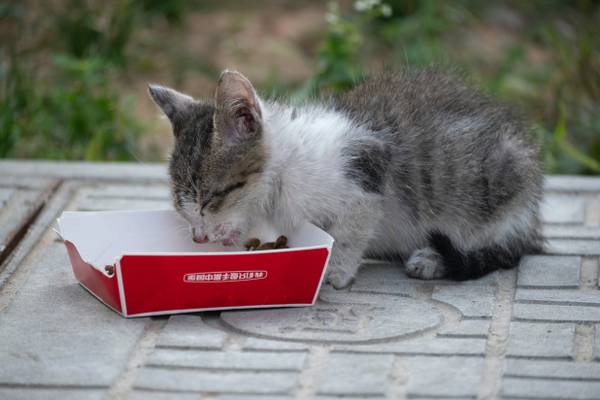
Can Kittens Eat Adult Cat Food? The Risks
The big question remains: can kittens eat adult food? While kittens and adult cats share the same species, their nutritional needs vary significantly during their life stages. Feeding kittens adult cat food can pose several risks and concerns:
– Growth and Development Issues
Kittens who consume adult cat food may not receive the necessary nutrients for proper growth. This can lead to stunted development, skeletal problems, and other health issues.
– Nutritional Deficiencies
Adult cat food may lack specific nutrients that are vital for kittens, potentially resulting in deficiencies that can affect their overall well-being.
– Digestive Problems
Kittens may struggle to digest adult cat food due to its lower fat content and different nutrient balance. This can result in digestive discomfort, diarrhea, or vomiting.
So, when can kittens eat adult cat food? Despite these concerns, there are some exceptions and scenarios where feeding adult cat food to kittens may be suitable:
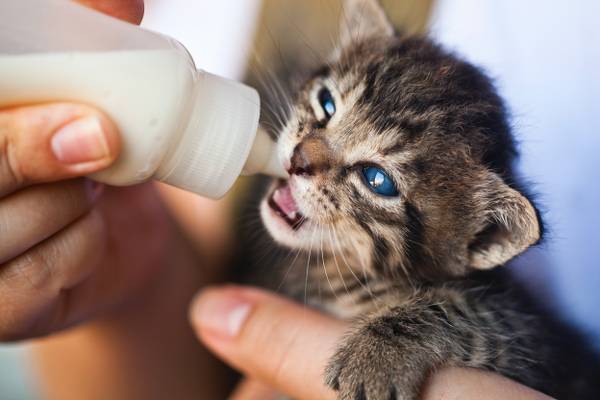
What Age Can Kittens Eat Adult Cat Food?
Can kittens eat adult cat food at 3 months old? Or 6 months old? Well, kittens can eat adult cat food usually around the age of 12 months. Before that, it’s important for them to have a diet specifically formulated for kittens, as they require more nutrients for growth and development. Consult your veterinarian for guidance on when to transition your kitten to adult cat food, as individual needs can vary.
– When Kittens Transition to Adult Food
As kittens grow, their nutritional needs change. Typically, kittens can start transitioning to adult cat food when they are around one year old. However, the transition should be gradual and monitored closely.
– Consultation with a Veterinarian
Every kitten is unique, and some may have specific health concerns or dietary requirements that necessitate a different approach. Before making any significant dietary changes, it’s advisable to consult with a veterinarian who can provide personalized guidance based on your kitten’s specific needs.
A veterinarian can perform a thorough assessment of your kitten’s health, including their growth rate, weight, and overall condition. They can then recommend the most suitable diet, whether it involves continuing with kitten food or transitioning to adult food.
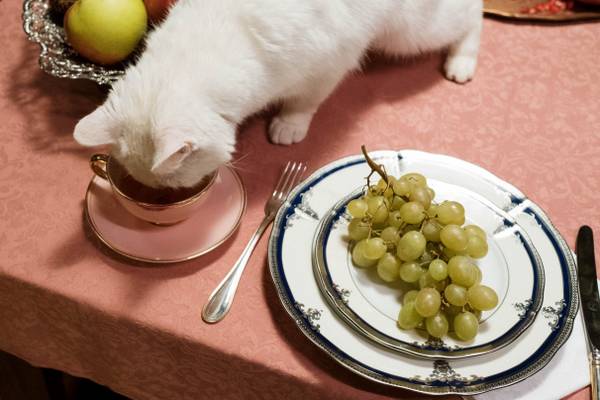
How to Safely Transition Kittens to Adult Cat Food:
Transitioning kittens to adult cat food should be a gradual process to avoid digestive upset and nutritional deficiencies. Here’s a step-by-step guide and by following this you can observe if can kittens eat adult cat food:
1. Start Early
Begin the transition when your kitten is around 10-12 months old, as this is when their nutritional requirements begin to shift.
2. Mixing Foods
Start by mixing a small amount of adult cat food into your kitten’s usual meal. Begin with a ratio of 75% kitten food to 25% adult food.
3. Monitor Progress
Observe your kitten’s reaction to the new food. Ensure they continue to eat and maintain a healthy weight.
4. Adjust Gradually
Over the course of a week or two, gradually increase the proportion of adult cat food while decreasing the kitten food.
5. Complete Transition
Once your kitten is comfortably eating a diet consisting entirely of adult cat food and shows no signs of digestive issues or weight loss, the transition is complete.
6. Regular Vet Checkups
Continue to schedule regular checkups with your veterinarian to monitor your cat’s health and ensure they are thriving on their new diet.
Final Verdict
In conclusion, the question of whether can kittens eat adult cat food is nuanced. While there may be exceptions and scenarios where it’s appropriate to transition kittens to adult food, it’s essential to recognize that kittens have specific nutritional requirements during their growth phase. Feeding them kitten-specific cat food is the safest and most reliable way to ensure they receive the necessary nutrients for healthy development.
If you find yourself wondering if can kittens eat adult cat food, always consult with your veterinarian when making dietary decisions for your kitten and if it is okay for kittens to eat regular cat food. For more insightful articles, visit our blog!

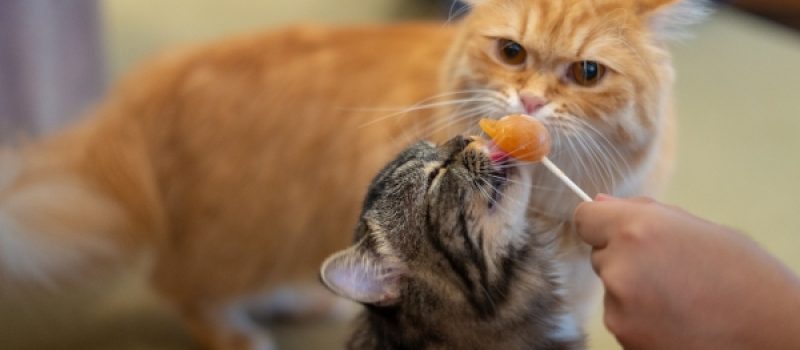


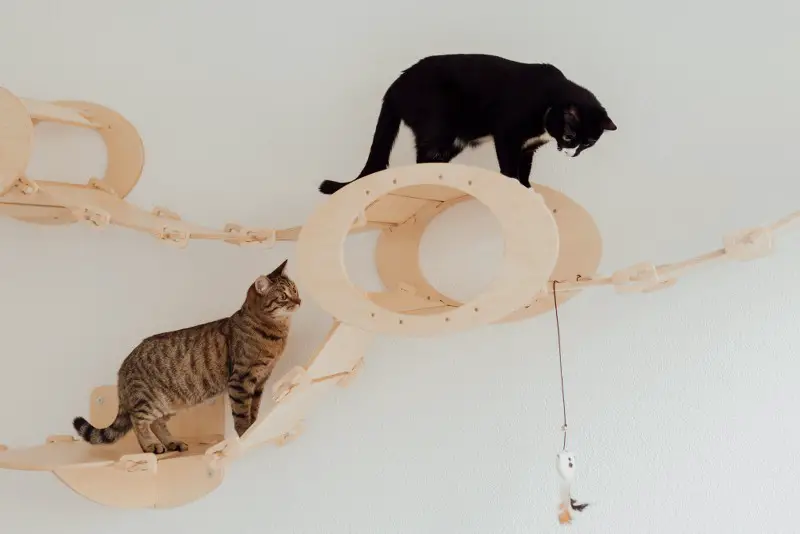
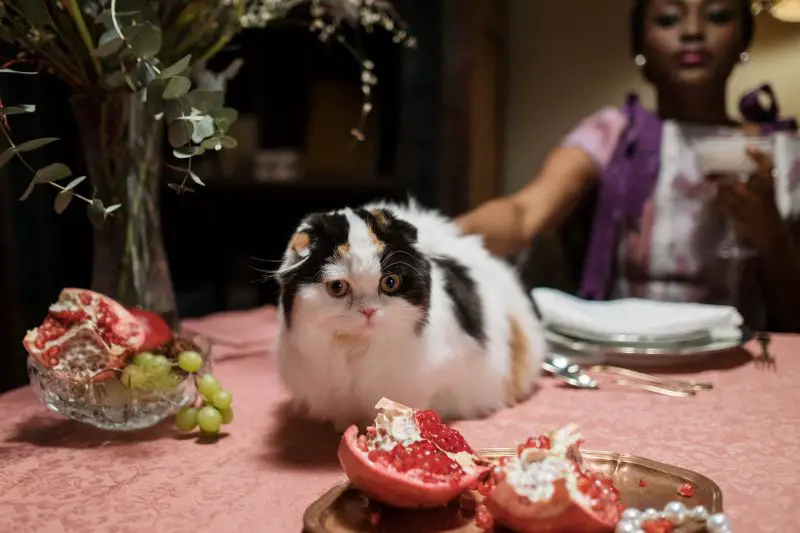
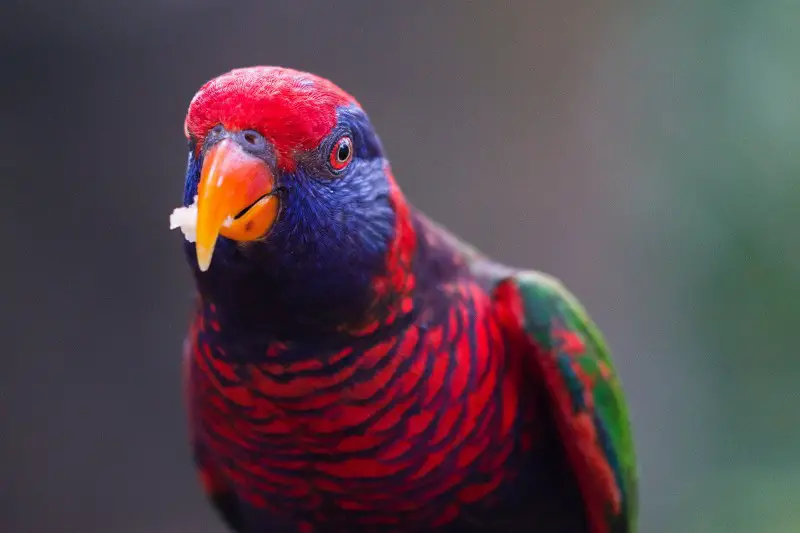

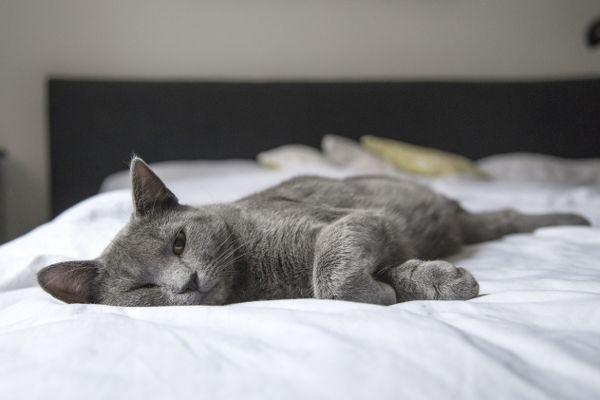

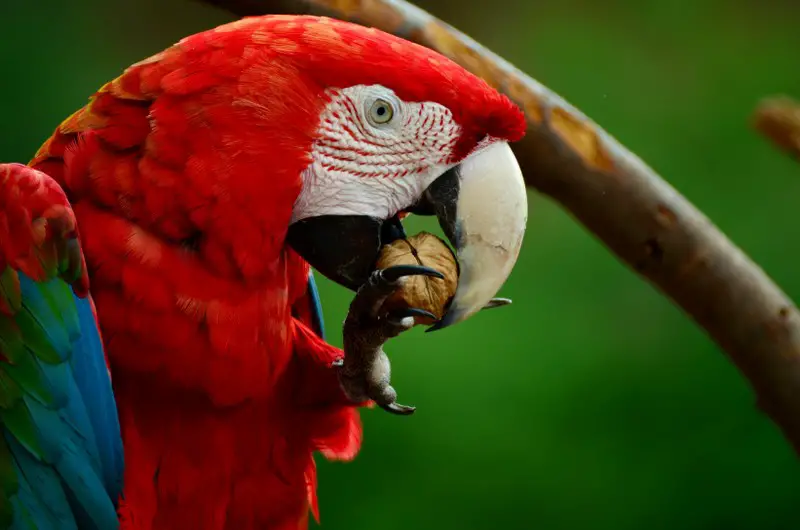
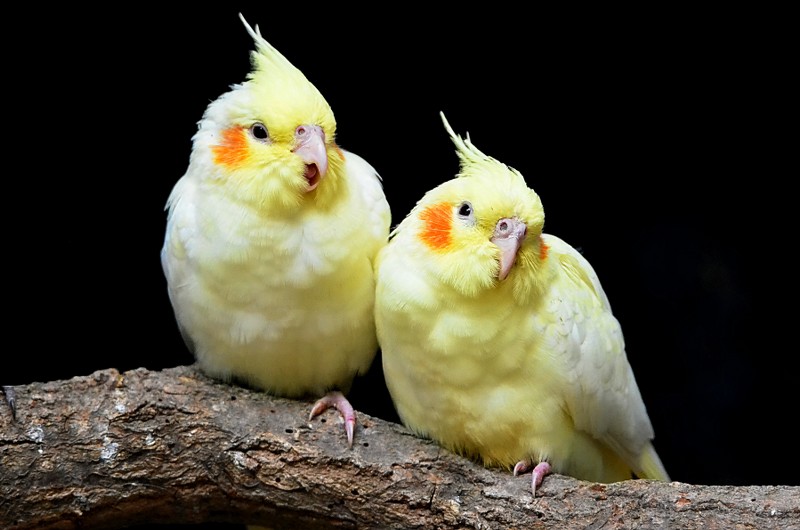
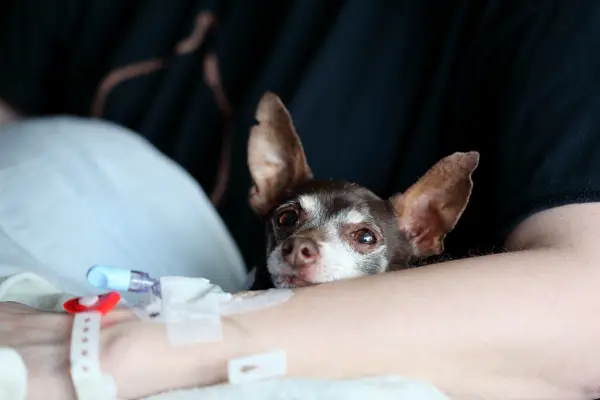
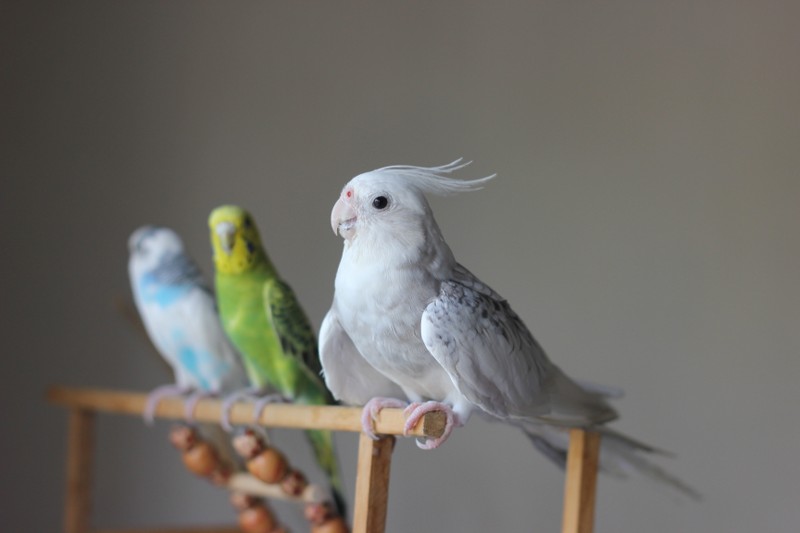
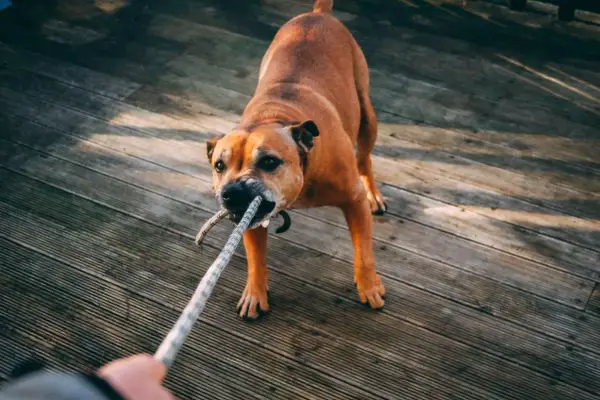
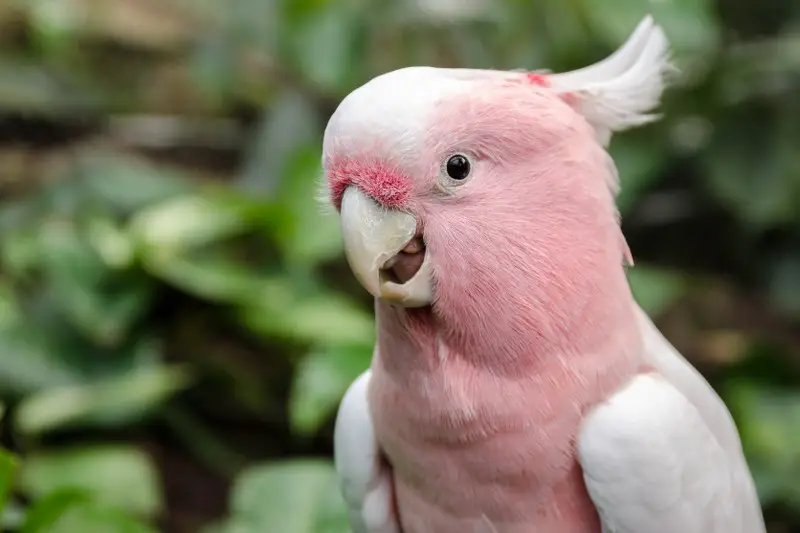
3 Responses